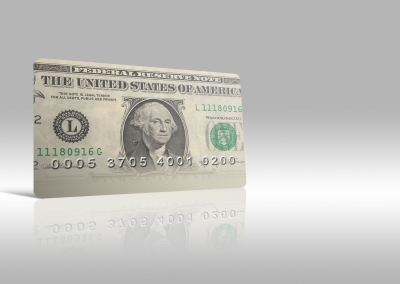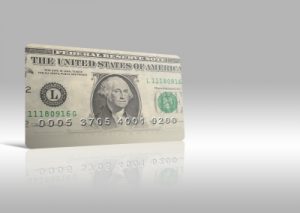3 Ways To Get A Loan (Without Getting An Actual Loan)

 Running a small business – and keeping the cash flowing smoothly – can be difficult to manage, especially during a tough economy. You need to pay your rent, your utilities, your employees, and your service providers, even as you wait for your customers and clients to pay what they owe you. Even when you know money is going to come in next week, it can be a challenge to pay the bills due today.
Running a small business – and keeping the cash flowing smoothly – can be difficult to manage, especially during a tough economy. You need to pay your rent, your utilities, your employees, and your service providers, even as you wait for your customers and clients to pay what they owe you. Even when you know money is going to come in next week, it can be a challenge to pay the bills due today.
When gaps occur in your cash flow, that doesn’t mean that your business isn’t solvent. You just need some extra funds to offset the end-of-the month financial strain.
Here are three ways you can access funds quickly – without needing to go through a loan application process. Although they can’t cure significant financial problems with your business, they can help tide you over during a financial emergency.
With a line of credit from your bank, you have access to a pool of potential funds on credit. These funds differ from a credit card. The account may act as an overdraft on your business checking account, require you to write checks through the bank, or be accessible through a card or account number.
Business credit cards can be an incredibly helpful resource, but also a danger to your good credit. Just like with a line of credit, responsible use is key. Don’t carry a continuous balance on your credit card. Only spend what you’re able to completely pay off at the beginning of each month.
The flow of cash into your business depends on your customers paying their bills on time and in full. When customers are negligent , this can hurt your business – even when you’re not at fault. Non-paying customers can sit on your books for months or even years while you wait for them to pay up. Sending them to collections can have mixed benefits, and you still may not see the money you’re owed.
If your business has gaps in its cash flow, or you need a quick influx of funds for an emergency or special purchase, look into business lines of credit, business credit cards, and business invoice factoring.
(Image source: freedigitalphotos.net)
